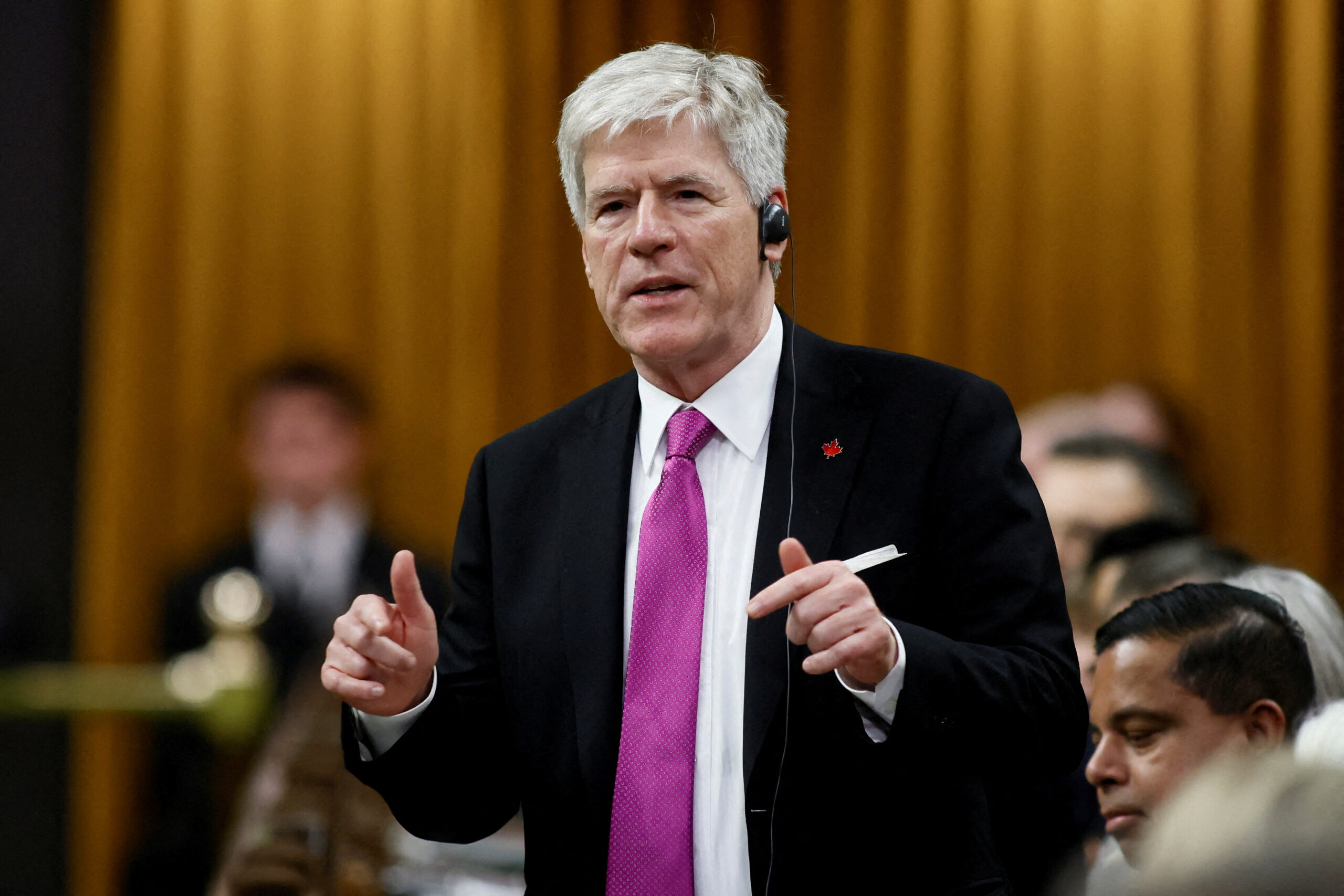WTO downgrades global trade growth forecast to 0.5% for 2026
The World Trade Organization (WTO) has cut its forecast for global trade growth to 0.5% for 2026, citing mounting geopolitical tensions, supply chain disruptions, and slowing demand in major economies.
In its latest report released on Friday, the WTO said the revised figure marks a significant downgrade from its previous estimate of 2.4%, reflecting weaker economic prospects across Europe, China, and the United States.
According to the organization, tighter monetary policies and persistent inflation have dampened consumer spending and industrial output, while conflicts in Eastern Europe and the Middle East continue to strain energy and commodity markets.
WTO Director-General Ngozi Okonjo-Iweala said global trade remains “under pressure from fragmentation and uncertainty,” warning that protectionist measures by several nations could worsen the situation.
The WTO report noted that trade in goods has been particularly affected, with demand for manufactured products declining in both advanced and developing economies.
Services trade, including tourism and digital commerce, has shown resilience but is unlikely to offset the broader slowdown.
Okonjo-Iweala emphasized that restoring confidence in the multilateral trading system and resolving logistical bottlenecks are essential to reviving growth.
The organization also highlighted rising regionalization trends as countries seek to secure supply chains by building local production hubs.
While such shifts can improve resilience, the WTO cautioned that they could lead to inefficiencies and further fragment global trade flows.
The report urged governments to prioritize cooperation over isolation to maintain market stability.
Despite the bleak short-term outlook, the WTO expressed cautious optimism that trade could rebound modestly by 2027 if inflationary pressures ease and global demand stabilizes.
However, it warned that the pace of recovery would largely depend on geopolitical developments and the ability of policymakers to address long-term structural challenges, including climate change and digital transformation.
Source: Reuters.
news via inbox
Get the latest updates delivered straight to your inbox. Subscribe now!




